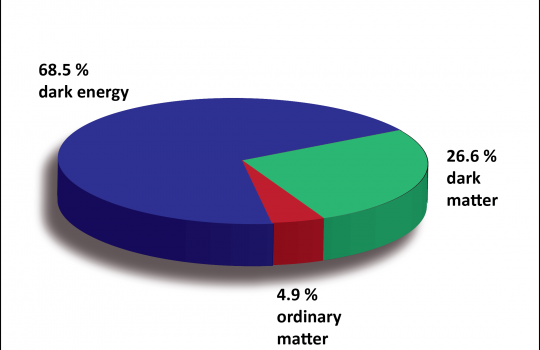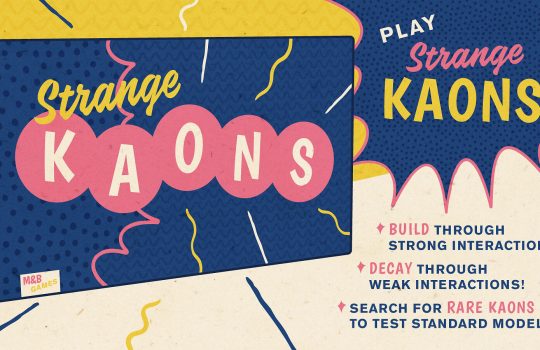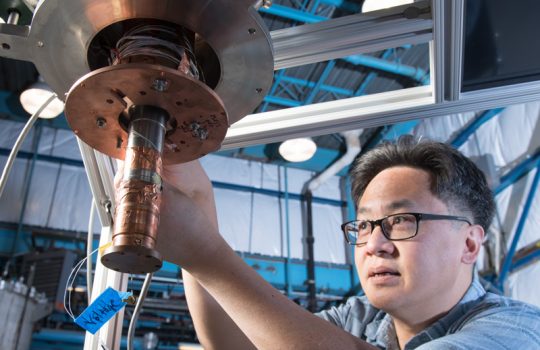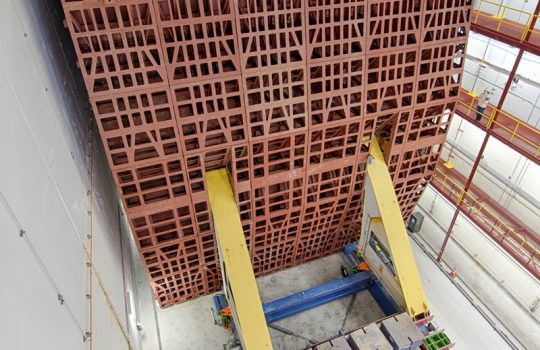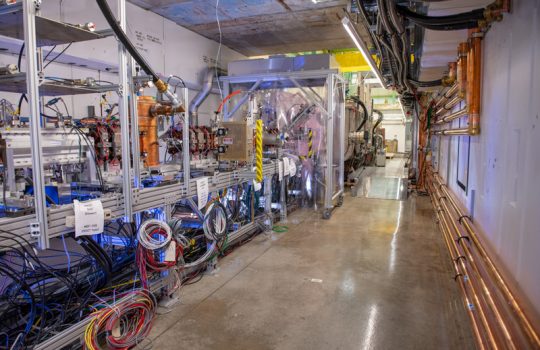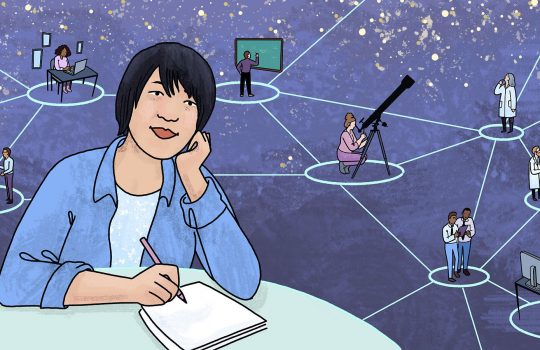A billion tiny pendulums could detect the universe’s missing mass
Researchers have proposed a novel method for finding dark matter, the cosmos’s mystery material that has eluded detection for decades. The proposed experiment, in which a billion millimeter-sized pendulums would act as dark matter sensors, would be the first to hunt for dark matter solely through its gravitational interaction with visible matter.

